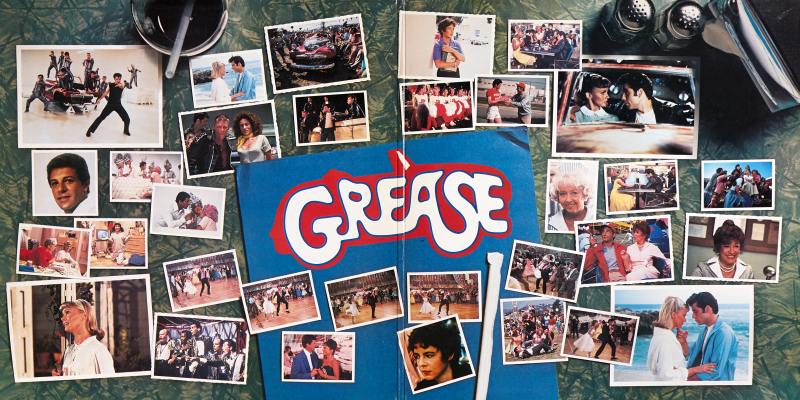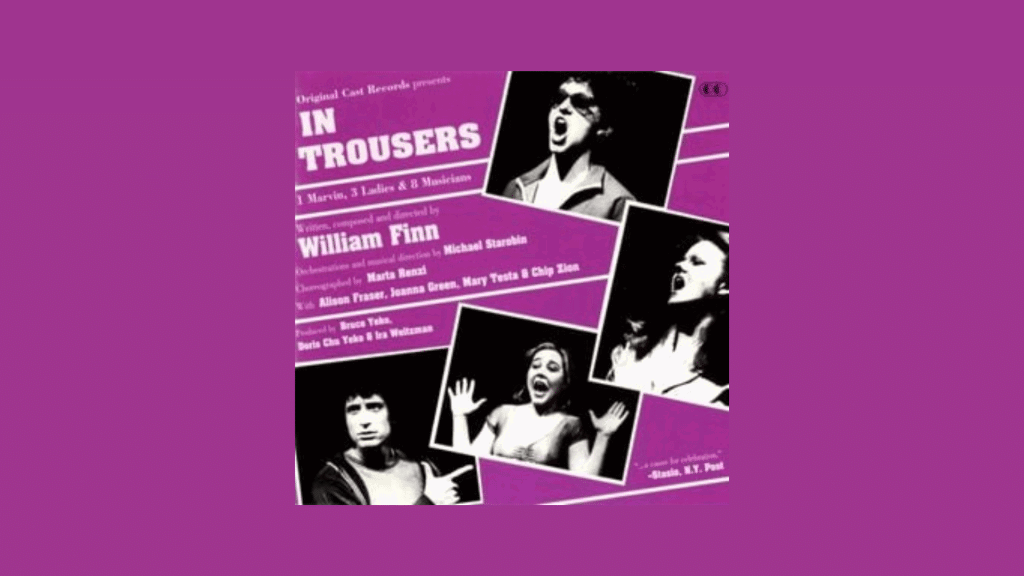Music tours rely on razor-thin schedules, ever-changing rosters, and the careful handling of money, equipment, and people. One missed step can derail a show. Managers juggle flight bookings, venue negotiations, staff payments, and gear shipments, often at a frantic pace. Excel sheets might get buried in endless tabs, and frantic phone calls happen when last-minute adjustments are needed. These everyday obstacles demand a solution that unifies data and tasks.
An advanced platform can bring relief. From local gigs to cross-continental shows, there’s a direct way to coordinate every moving piece. That’s where Dynamics 365 upgrade services come in. With powerful capabilities, tour professionals gain a sharper view of finances, staff needs, and performance details, all within a single system. The results are fewer headaches, stronger coordination, and an environment where the energy of talent truly shines. The sections that follow will show how smart technology enhances every stage of touring.
Why Touring Needs a Tech Tune-Up

Live music events present a chain of complicated activities. Booking agents need to sign new deals, production crews must shift from city to city without skipping a beat, and budgets face continuous pressure. Legacy software can leave managers grappling with incomplete data, and pen-and-paper methods drain time. An urgent message from a promoter might slip through the cracks, or an outdated spreadsheet can show the wrong arrival times.
Speed is crucial. Fans arrive expecting an electrifying performance. A delay at the gate or a missing piece of stage gear can tarnish the show’s reputation. Then there’s the digital shift, which has restructured entire sectors, including entertainment. Ticket sales now happen worldwide in an instant, demanding real-time updates and swift financial tracking.
Many older systems stumble when confronted by modern-day complexities. Their limited reporting creates blind spots, and manual processes compound risks. Upgrading to the newest release of Microsoft’s platform addresses these concerns head-on. It injects automation, strengthens financial oversight, and links everything in one secure environment. With data consolidated, tickets are tracked more precisely, budgets stay accurate, and the team remains focused on the performance itself. In today’s environment, a tech upgrade gives professionals an essential advantage.
To make that leap successfully, many tour operators and agencies turn to specialists who understand the platform inside out. If you’re looking to streamline the transition and unlock the full potential of your system, it’s time to HireDynamicsDevelopers — a trusted step toward smarter, more scalable gigs.
What’s New in the Latest Dynamics 365 Upgrades?
The newest version introduces features that speak directly to tour managers, booking agents, and road crews looking for ways to control the entire operation more efficiently.
Advanced Automation Tools
These remove the repetition of manual data entry, eliminating wasted hours and expensive human errors. A batch of invoices can be processed in a few clicks, freeing up time for creative strategy.
Real-Time Reporting and Analytics
Finance teams can view profits, ticket sales, or merchandise revenues from any location. A quick glance at a dashboard might reveal which cities overshot sales targets or where costs ran higher than expected.
Integrated Budgeting and Finance Management
Expenses and income are tied into a single reporting hub. An overstretched department is flagged at once.
Improved Mobile Access for Remote Crews
Whether backstage at a stadium or in a tour bus crossing state lines, crew members can upload receipts or confirm staffing needs through their phones.
Better Scheduling and Resource Allocation
Flight bookings, technical rehearsals, and local promotions stay aligned. The system prevents scheduling collisions that can disrupt shows.
Collaboration Tools for Cross-Functional Teams
Promoters, accountants, and technicians interact in shared workspaces, ensuring everyone sees the most recent contracts, quotes, and event details.
Example Scenarios:
- A manager sees from analytics that merchandise sales exceeded forecasts in one city. The platform adjusts future stock orders accordingly.
- A venue change updates every crew member’s schedule on their mobile devices instantly, avoiding miscommunication.
Smarter Gigs in Action: Real-World Use Cases
A traveling rock band often faces logistical mayhem: flights, stage props, contractual details, and local partnerships. A production coordinator using upgraded software might kick off the day by checking an integrated dashboard. If a flight delay is reported, alerts appear instantly. The hotel booking team adjusts, the local driver is informed, and the band receives a revised itinerary on their phones.
Examples of Practical Use:
- Coordinating Travel and Lodging: a manager adjusts travel plans in real time without redundant manual updates.
- Venue Contracts and Vendor Payments: administrators upload invoices linked to specific events. Payments go out on time with automation.
- Ticket Sales and Merchandise Monitoring: reports flow in after each show, helping to recalibrate marketing and inventory for upcoming cities.
- Backline Equipment Allocation: scheduling tools ensure amps, drums, and lights arrive in sync with show timelines.
A talent agency managing multiple artists across a regional tour can quickly review each performer’s commitments and schedule adjustments. Data silos disappear, and the whole team operates with current, accessible information. The results: less confusion, smoother operations, and happier performers.
Scaling the Show: Long-Term Benefits for Tour Professionals

A modern platform often serves as a springboard for growth. Today’s local gig might be next year’s continent-wide festival. The capacity to handle complex tasks ensures that expansions happen with fewer headaches. Support for multiple currencies and integrated tax tracking opens doors to new continents and fresh revenue opportunities.
Automation also contributes to consistent financial control. By offloading repetitive tasks, professionals devote more attention to creative ideas, resulting in richer experiences for fans and artists alike. Data gathered along the way enhances strategies for the seasons ahead. If one region shows higher merchandise demand, managers can plan carefully for the next tour.
Stronger collaboration fosters a sense of unity. Crew members see how their tasks connect, which reduces confusion and frustration. Adding Dynamics 365 upgrade and migration services into the picture widens these benefits further, offering improved features with each iteration. Technology and talent move in unison, reinforcing a future where every performance feels brilliantly orchestrated.
Global Live Music Revenue: Growth Snapshot
|
Year |
Global Live Music Revenue (USD Billions) |
Percentage Growth |
|---|---|---|
|
2019 |
27.1 |
– |
|
2020 |
9.0 |
–67% |
|
2021 |
13.4 |
49% |
|
2022 |
18.8 |
40% |
|
2023 |
23.2 |
23% |




















